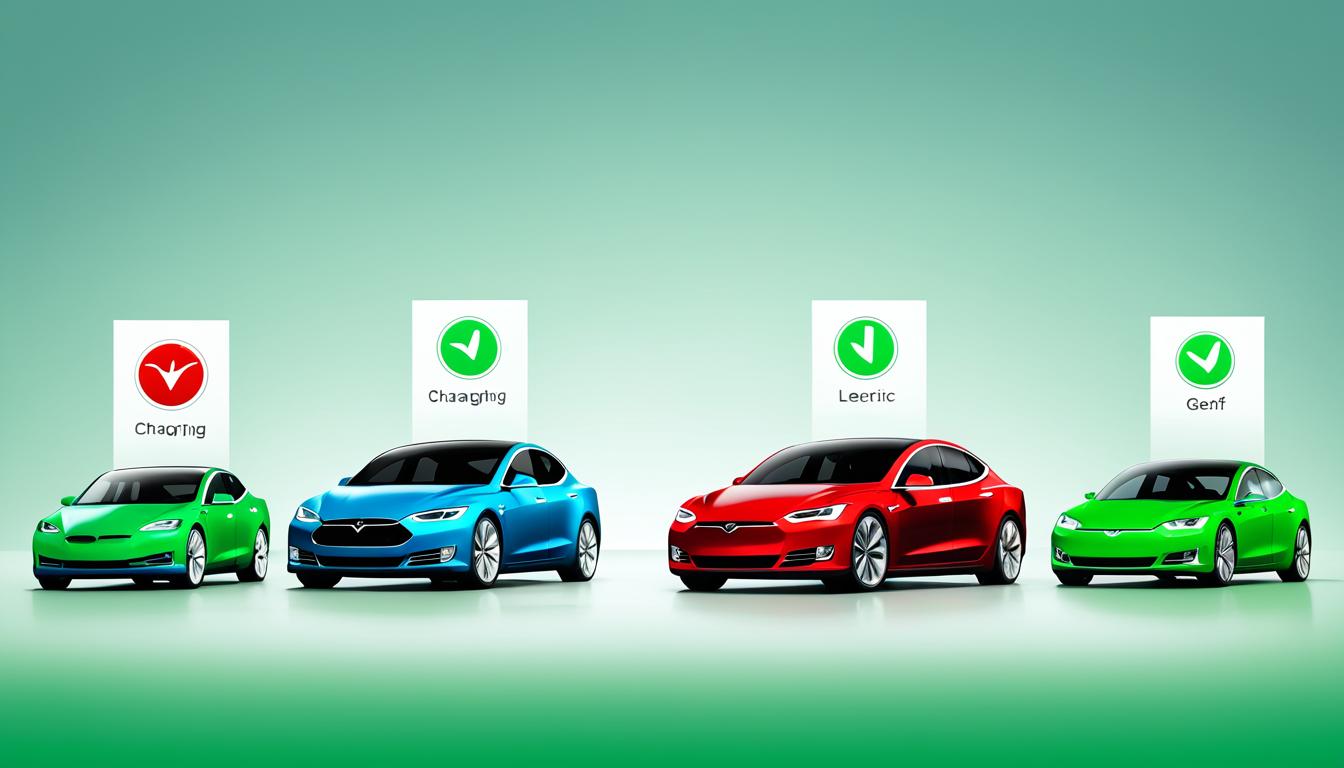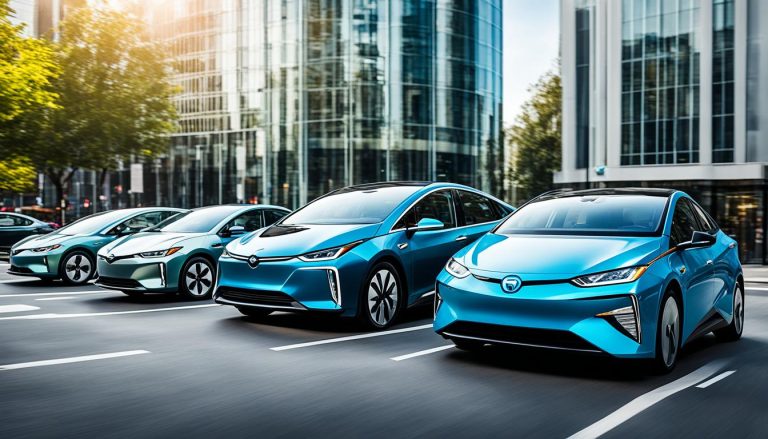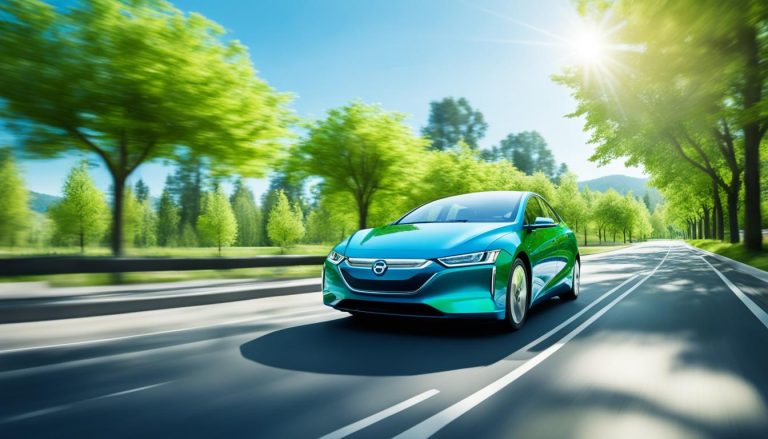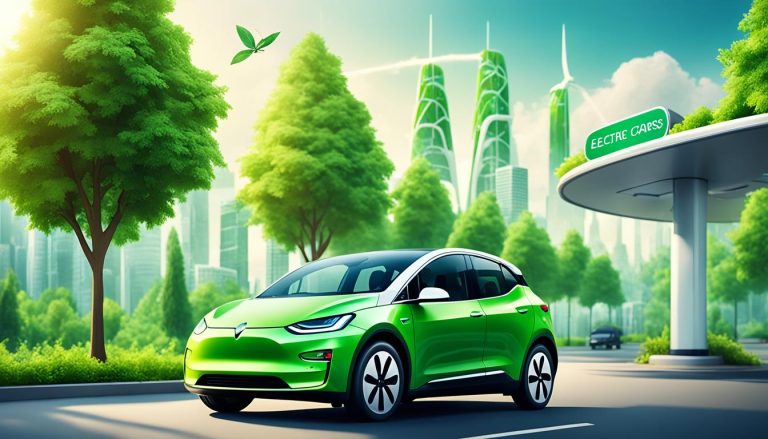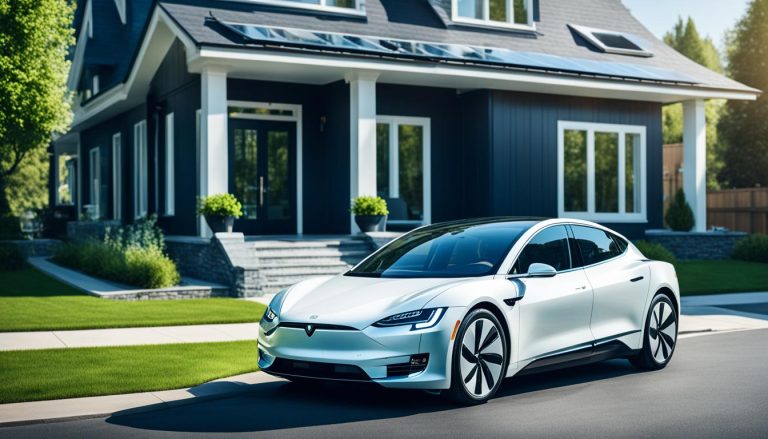How Long Do Electric Vehicles Take To Charge
Electric vehicles (EVs) are becoming increasingly popular as eco-conscious individuals embrace this sustainable mode of transportation. However, one common concern that potential EV owners have is the charge time. Understanding how long it takes to charge an electric vehicle and how it fits into different lifestyles is crucial for making an informed decision.
When it comes to charge time, there are several factors to consider. The charging process involves replenishing the battery’s energy, and the time it takes varies depending on the battery’s capacity, the type of charging equipment used, and the charging speed.
To provide an optimal charging experience, it is essential to invest in a reliable charging infrastructure. This includes home charging stations and public charging stations conveniently located within your vicinity. Fast-charging options are also available for quicker top-ups during long journeys.
However, the rate at which EV charging technology is evolving is remarkable. Advancements in battery technology have the potential to reduce charging times even further in the near future, making electric vehicles an even more convenient and viable option for daily commuting and long-distance travel.
Choosing the right electric vehicle for your lifestyle is crucial. By considering factors such as battery range, charging infrastructure availability, and personal driving habits, you can find an EV that seamlessly integrates into your daily routine, eliminating any concerns about charge time.
In the upcoming sections, we will dive deeper into understanding electric vehicle charging, exploring the factors that affect charge time, and providing insights on choosing the right electric vehicle based on your lifestyle.
Understanding Electric Vehicle Charging
When it comes to electric vehicles, one of the critical aspects to understand is the charging process. With the growing popularity of EVs, having a reliable and efficient charging infrastructure is essential for a seamless driving experience. In this section, we will delve into the various aspects of electric vehicle charging, exploring different charging options available and the importance of investing in reliable charging stations.
Home Charging
One of the most convenient and cost-effective ways to charge an electric vehicle is through home charging. By installing a dedicated charging station at your residence, you can charge your EV overnight, taking advantage of lower electricity rates. Home charging provides the flexibility and convenience of having a fully charged vehicle every morning, ready for your daily commute or any road trips.
Public Charging Stations
When you’re on the go and need a quick charge, public charging stations come to the rescue. These stations are strategically located in parking lots, shopping centers, and other public areas, making it convenient to charge your EV while running errands or during a pit stop on a long journey. With the increasing number of public charging stations, it’s becoming easier than ever to find a spot to power up your electric vehicle.
Fast Charging
For those times when you need to charge your vehicle swiftly, fast charging is the solution. Fast charging stations are equipped with advanced technology that can provide a significant amount of charge in a short time. This option is particularly beneficial on long road trips when you need to minimize charging time to reach your destination efficiently.
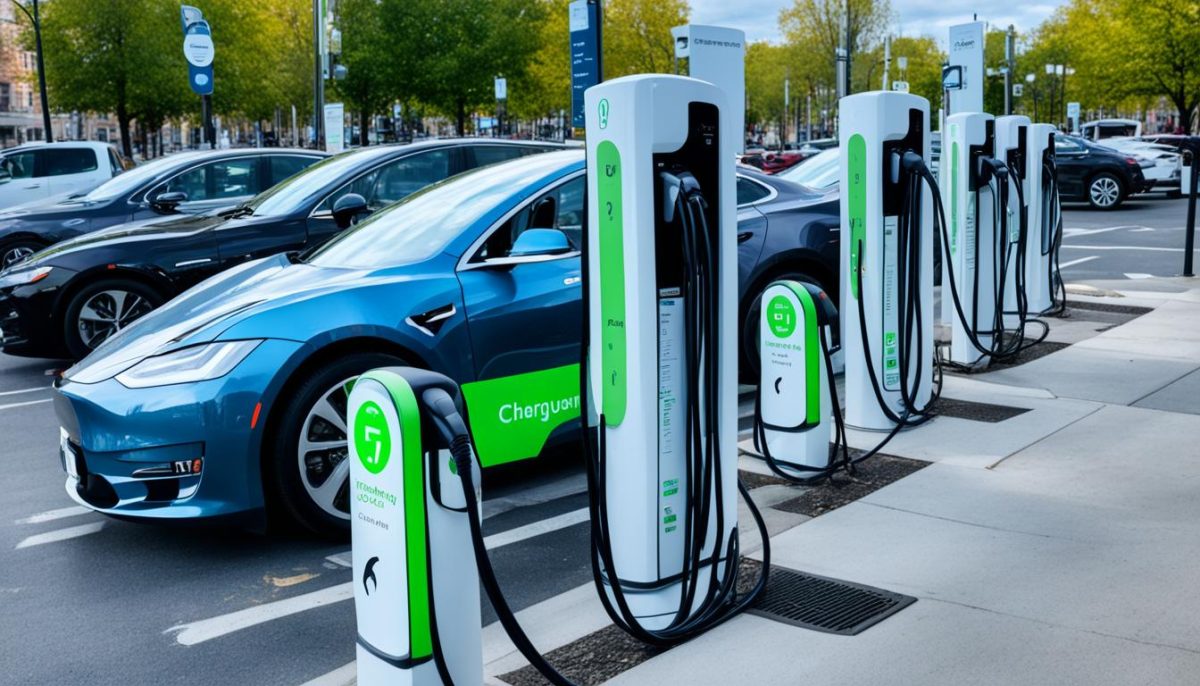
Investing in a reliable charging infrastructure is crucial to ensure an optimal charging experience for your electric vehicle. By having access to various charging options like home charging, public charging stations, and fast charging, you can power up your EV conveniently and efficiently, no matter where your journey takes you.
Factors Affecting Electric Vehicle Charge Time
When it comes to charging electric vehicles (EVs), several factors come into play that can impact the overall charge time. Understanding these factors is essential for optimizing your charging experience and effectively managing your EV’s battery life.
One of the key factors that determine charge time is the battery capacity of your electric vehicle. EVs with larger battery capacities may take longer to charge compared to those with smaller batteries. This is because it requires more energy to fully charge a larger battery.
The charging equipment you use also plays a crucial role in the overall charge time. Different types of chargers have varying power outputs, which directly influence how quickly your EV can recharge. Fast chargers, for example, are designed to deliver a higher charging speed, significantly reducing the time it takes to charge your vehicle.
Another important consideration is the charging speed itself. Charging speeds can vary depending on the capabilities of your electric vehicle and the charging station you are using. Rapid charging stations, commonly found on major highways or at certain public locations, can provide much faster charging speeds compared to regular charging stations.
It is also worth mentioning that advancements in battery technology are constantly being made to improve charging speeds. Manufacturers are developing technologies like enhanced charging algorithms and higher voltage charging capabilities to reduce charge times further. These advancements hold the potential to significantly speed up the charging process in the future, making electric vehicle ownership even more convenient and efficient.
Understanding and taking these charge time factors into account can help you plan your charging routine effectively, ensuring your electric vehicle is always ready for your next adventure.
| Factors | Influence on Charge Time |
|---|---|
| Battery Capacity | Higher capacity batteries take longer to charge. |
| Charging Equipment | Faster chargers decrease charge time. |
| Charging Speed | Rapid charging stations provide faster charging speeds. |
| Advancements in Battery Technology | Potential for reduced charging times in the future. |
Choosing the Right Electric Vehicle for Your Lifestyle
When it comes to going electric, selecting the right electric vehicle (EV) to suit your lifestyle and driving needs is crucial. With a wide range of options available, it’s important to consider factors like EV selection, range anxiety, lifestyle considerations, and charging infrastructure before making your decision.
EV selection should be based on your specific requirements. Are you looking for a compact EV for urban commuting or a spacious SUV for family trips? Consider the range of each model and how it aligns with your daily driving needs. This way, you can avoid range anxiety, the worry of running out of battery power. Choosing a model with a longer range can provide the peace of mind needed for longer journeys.
Furthermore, lifestyle considerations play a vital role in your EV selection. Assess your daily driving habits, including work commutes, weekend trips, and any special requirements you may have. If you live in an area with limited charging infrastructure, opting for a long-range EV can provide greater charging flexibility, reducing the need to rely heavily on public charging stations.
Lastly, it’s important to evaluate the charging infrastructure in your area before finalizing your EV purchase. Determine the availability of charging stations, both public and private, in places you frequently visit. Investing in a reliable charging infrastructure at home, such as a Level 2 charging station, can provide convenient charging options and further enhance your EV ownership experience.

